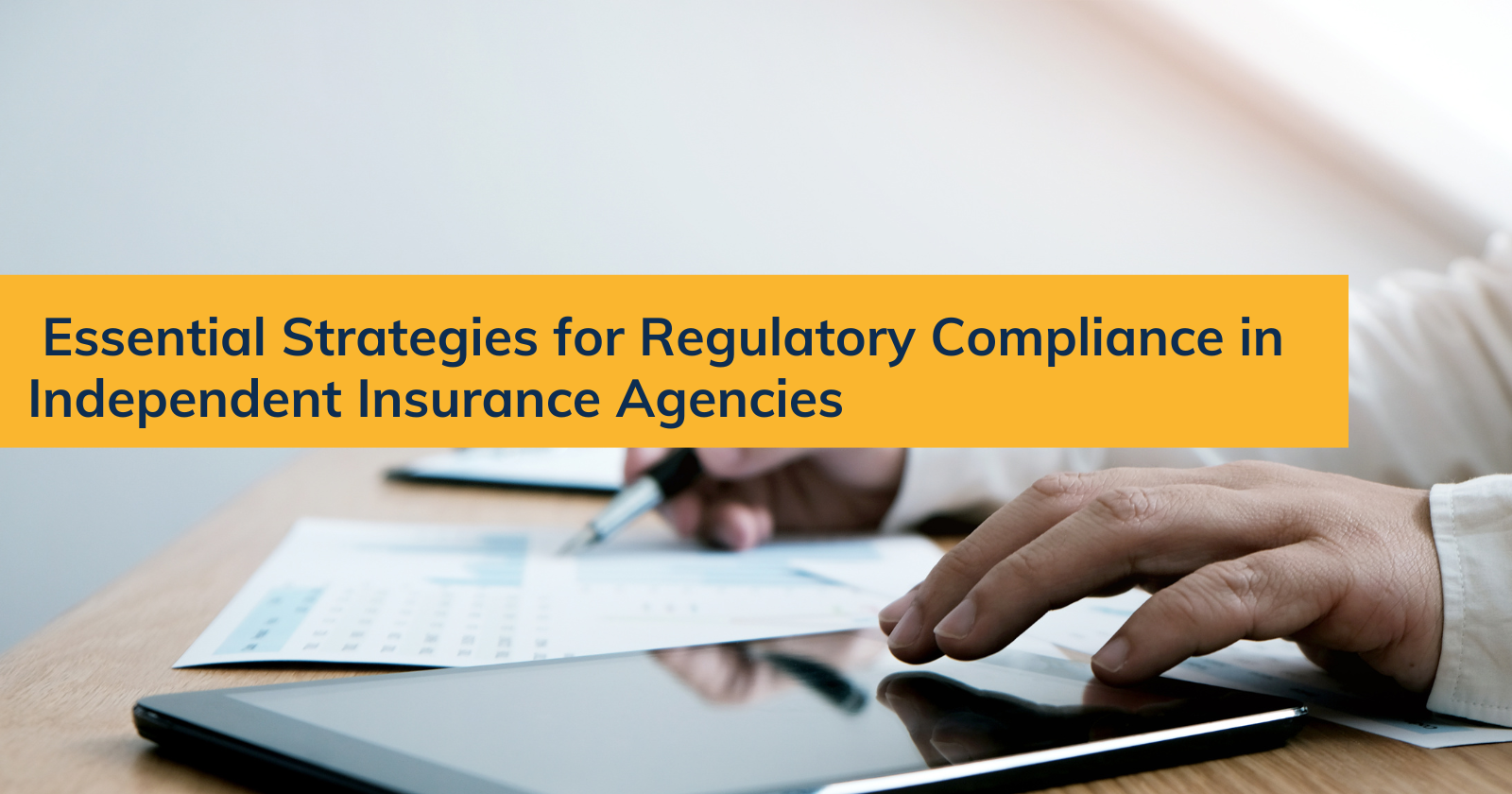
Stay Informed
Regulations governing the insurance industry can evolve rapidly. Make it a priority to stay updated with federal, state, and local laws that impact your business. Regularly review industry publications, attend relevant webinars, and participate in professional development courses to keep abreast of regulatory changes.
Maintain Proper Licensing
Ensure that you and your agents hold all necessary licenses to operate legally in your jurisdiction. Keep track of license renewal dates and requirements to avoid any lapses in compliance. Maintaining proper licensing demonstrates your commitment to professionalism and adherence to legal standards.
Understand Product Compliance
Each insurance product has specific regulatory requirements. Before offering any insurance product to clients, thoroughly understand the applicable regulations. Be aware of any restrictions, disclosures, or documentation needed to remain compliant.
Implement Robust Data Security Measures
Protecting client data is not only good business practice but also a legal requirement. Implement strong data security measures to safeguard sensitive information. This includes encryption of data, regular cybersecurity assessments, and employee training on data protection protocols.
Transparent and Ethical Practices
Maintain transparency in all your dealings with clients. Clearly explain policy terms, coverage details, and premiums. Avoid deceptive practices or misleading marketing tactics. Upholding ethical standards builds trust and enhances your reputation within the industry.
Develop a Compliance Checklist
Create a comprehensive compliance checklist tailored to your agency’s operations. This checklist should outline key regulatory requirements, deadlines for compliance tasks, and responsible personnel for each task. Regularly review and update this checklist as regulations change.
Conduct Regular Audits
Perform routine audits of your agency’s operations to ensure compliance with regulations. These audits should cover areas such as sales practices, documentation procedures, and data protection measures. Address any compliance issues promptly to mitigate risks.
Invest in Compliance Software
Consider utilizing specialized compliance software to streamline regulatory processes. Compliance tools can assist with licensing renewals, document management, and tracking regulatory updates. Investing in technology can save time and reduce compliance errors.
Educate Your Team
Provide ongoing training to your staff on regulatory compliance topics. Ensure that everyone understands their role in maintaining compliance and the potential consequences of non-compliance. Encourage a culture of compliance within your agency.
Engage with Industry Associations
Joining industry associations or networks can provide valuable resources and insights into regulatory best practices. These organizations often offer guidance, training programs, and networking opportunities to stay informed and compliant.
Regulatory compliance is fundamental to the success and integrity of independent insurance agents and agencies. By adopting these best practices and prioritizing compliance, you can protect your clients, uphold industry standards, and position your business for long-term growth and stability.
Remember, compliance is not just a legal obligation—it’s a commitment to professionalism and client-centric service. Stay informed, proactive, and ethical in your approach to regulatory compliance, and your agency will thrive in the complex world of insurance.

